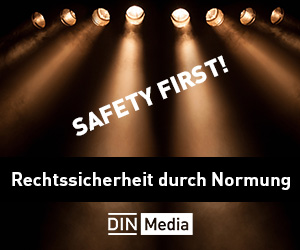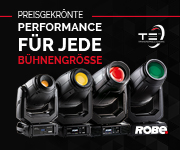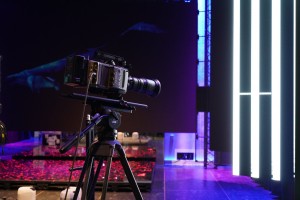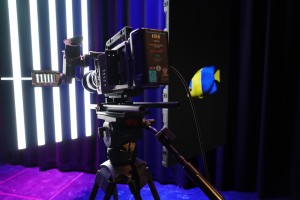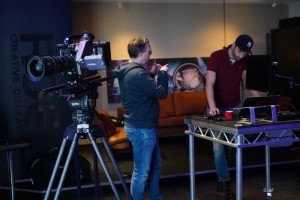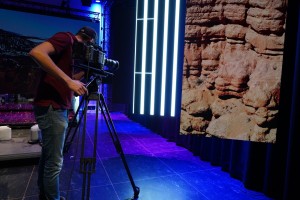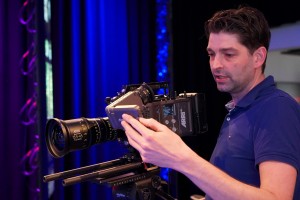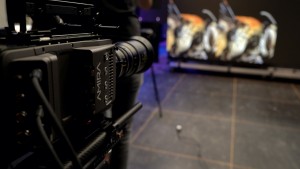Aktuelle News & Schlagzeilen
Arri and ROE Visual disclose test program
When virtual production and, in particular, mixed reality production took flight in early 2020, Arri and ROE Visual came into contact and connected to develop a better understanding of the impact of this technology on both LED volumes and camera performance. This mutual understanding has led to the development of a continuous testing program.
Early 2020, when Europe had to face the first COVID-19 measures, it became clear for Arri and ROE Visual that virtual production would become an essential technology. Both companies realized they are a vital link in the chain in developing and disseminating knowledge in this field.
Not put off by the impossibility of meeting regularly, and in person, the Arri and ROE Visual teams gradually developed the idea of a joint testing program. Working under NDA to protect the intellectual property involved, both companies created a safe and open environment wherein the technical teams could share their thoughts and insights.
“We started this cooperation just by spending some hours on zoom immersing ourselves in the related professional fields and becoming familiar with each other’s technology. This exchange of knowledge was beneficial”, explains Victor Kortekaas, Technical Director for ROE Visual Europe. “Soon we realized we did touch on the same subjects, only had not yet developed a common vocabulary to describe it.”
The cooperation resulted in the implementation of two identical test environments, one in Ismaning near Munich (Germany) at the premises of Arri, one in Leek (Netherlands) at ROE Visual Europe. These set-ups comprise a Ruby LED wall and an Amira camera. The involvement deepened during the regular recaps of the technical teams, led by Victor Kortkaas and Andreas Oestreich, responsible for Software Development for Mixed Reality Production Solutions at Arri, and touching on LED panel and camera behavior.
“It was basically about what happens internally in the LED volume and the camera, testing from theory to practice. But we also tested color and color processing, how the color gamut relates to the camera’s capabilities, how to optimize syncing the LED with the camera shutter, and gamma curves. We also were able to test topics like artifacts, scan lines, refresh rates, and multiplexing”, says Kortekaas.
“One of our key findings, particularly interesting for Arri, was the behavior of rolling shutter sensors, often used in cine productions, in combination with LED walls. There was a common sentiment that rolling shutters are not suited in mixed reality productions. Our research proved differently. By optimizing the timing of the camera and the LED volume, it became clear that the use of a rolling shutter was not a limitation”, comments Andreas Oestreich. “In addition, we also found a way to reduce common artifacts by offsetting the synchronization correctly, therefore aligning the exposure time of the camera with the refresh cycle of the LED and enabling the full camera sensor.”
“Our goal for the future is to continue our research on the deepest possible levels. In doing so, we strive to obtain optimum integration between systems resulting in a more user-friendly experience”, continues Oestreich. “For Arri, the collaboration with ROE Visual is another important step to offer our customers the best possible solutions for mixed reality applications.”
(Photos: Arri/ROE Visual)
SCHLAGZEILEN
news archiv
suche
© 1999 - 2025 Entertainment Technology Press Limited News Stories

